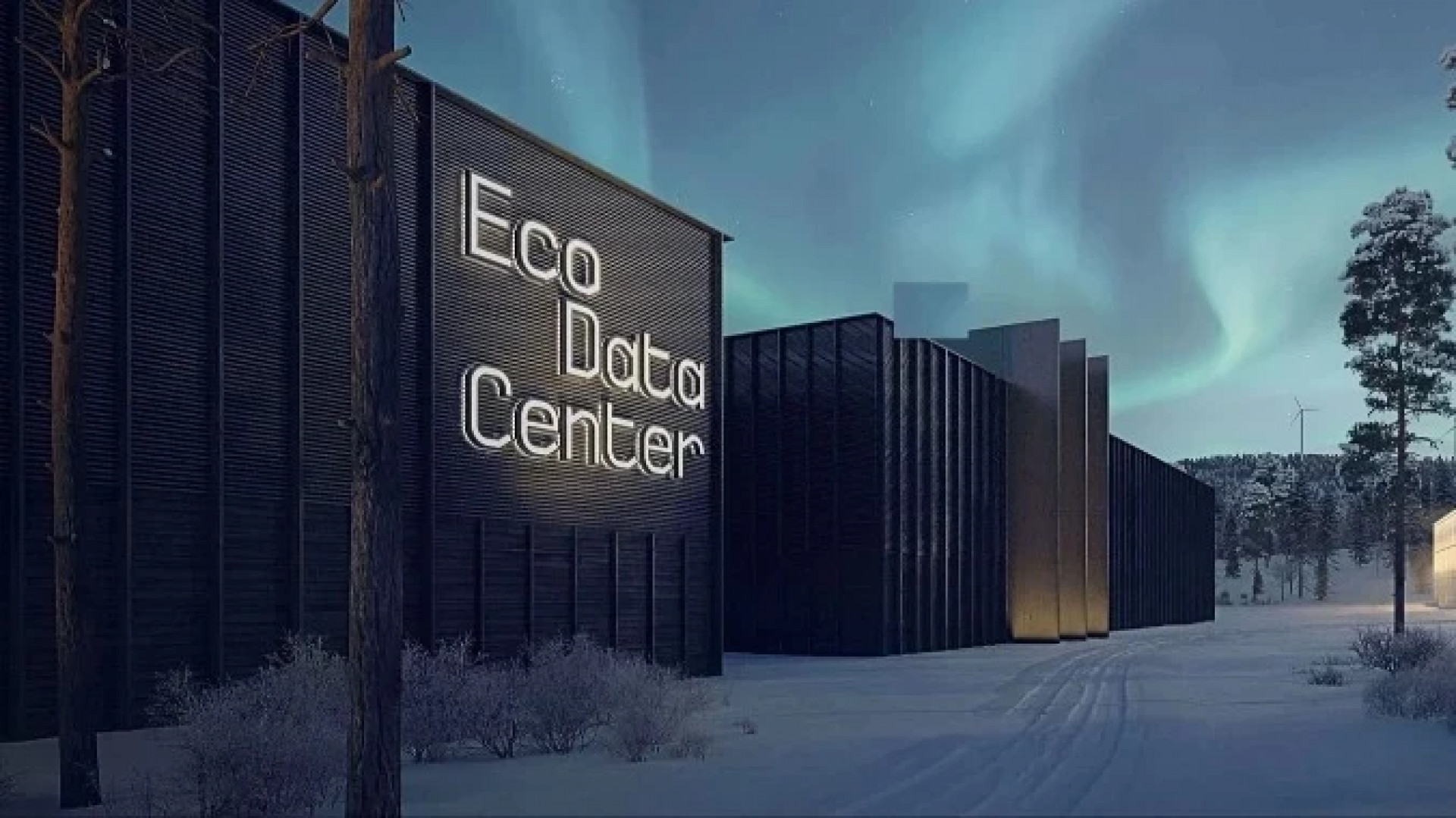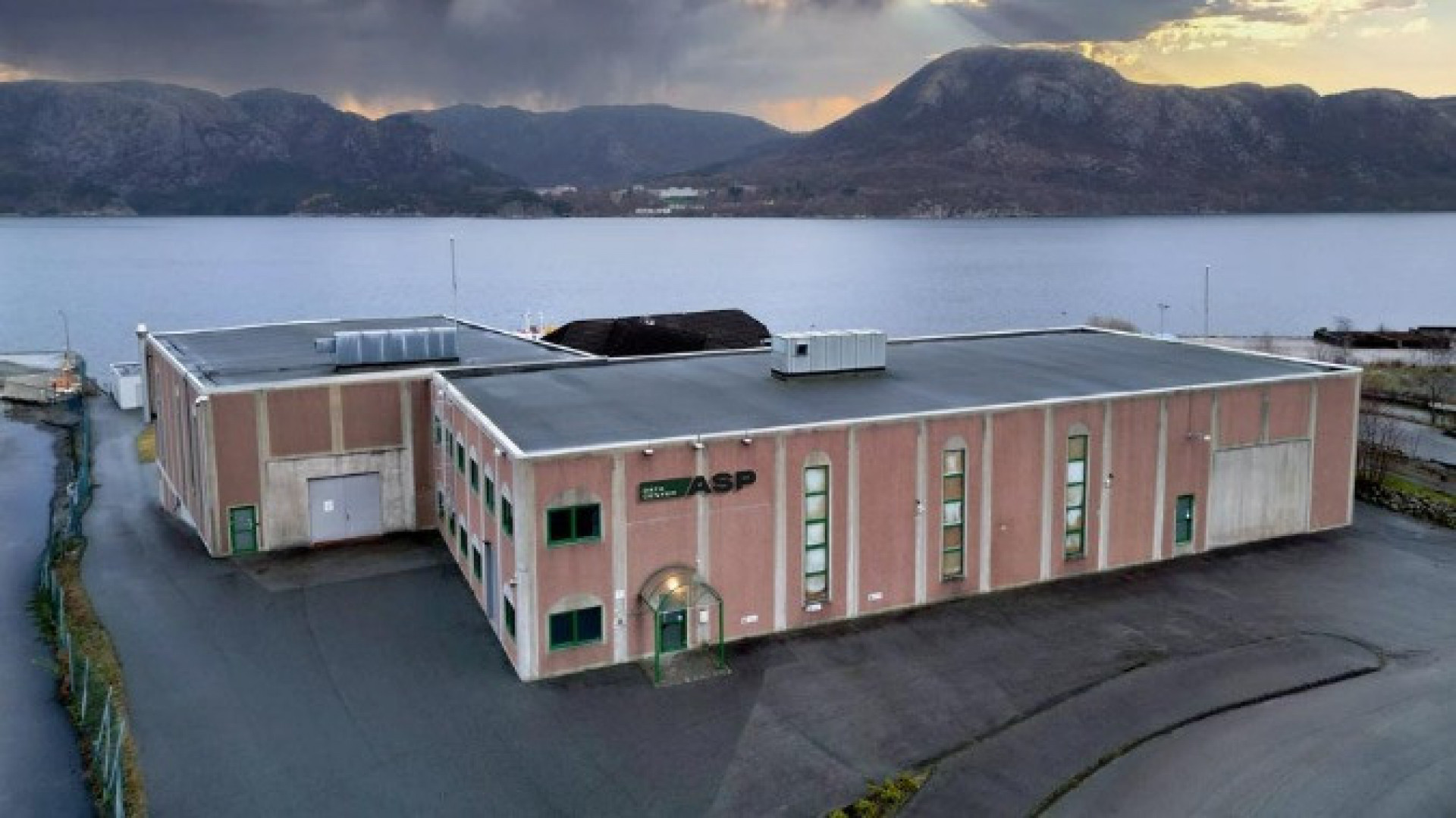There are still about 20 to 25 plans for the establishment or expansion of data centers in the Netherlands, State Secretary Yesilgöz wrote to the House of Representatives. Some are 'very large', such as the highly controversial new Facebook data center in Zeewolde and will make major use of the national energy supply, upto 10 percent of the Dutch electricity demand. The State Secretary answered parliamentary questions that were asked in July (...) and are currently very topical, because the municipality of Zeewolde approved the arrival of a mega data center from Facebook last night.
According to Yeşilgöz, it is not clear exactly how many projects are currently underway. But the estimate is 20 to 25 'of various sizes', who are 'in different stages' of preparation; from very rough to more concrete plans. The data comes from grid operator TenneT and the Netherlands Foreign Investment Agency, which are not allowed to say anything because of trade secrets, which makes it hard for parliament to discuss the matter.
Municipality of Zeewolde approves new Facebook data center
The decision yesterday in the city council of Zeewolde about Facebook's mega data center led to a division in the municipality. Protesters outside (citizens of Zeewolde & environmental organisation 'Extinction Rebellion') were against changing the zoning plan, which would enable Facebook to build a datacenter. Ultimately, the city council decided that the zoning plan of the area where it is to be built will be amended. This brings the arrival of the data center a big step closer.
Zeewolde is located in Flevoland Province, the youngest province of the Netherlands and one of the great examples of Dutch engineering. In 1932 the Dutch closed of de 'Zuiderzee', a salt woter inlet of the North Sea, with the Afsluitdijk (English: 'Enclosure Dam'). The 32 km long Afsluitdijk is a fundamental part of the larger Zuiderzee Works, damming off the salt water inlet and turning it into a fresh water lake. The dam serves as a sea barrier to protect the inland against flooding. The first land (polder) was reclaimed in 1942. By 1968 the project was fininised.
'National government decides'
Several ministers emphasized that the cabinet has the last word. The land where the data center is to be located belongs to the government and it will only be sold if certain sustainability conditions are met during construction. When asked, State Secretary Knops said that the government is not obliged to sell the land, even if the sustainability requirements are met. Not clear is what the sustainability requirements are.














